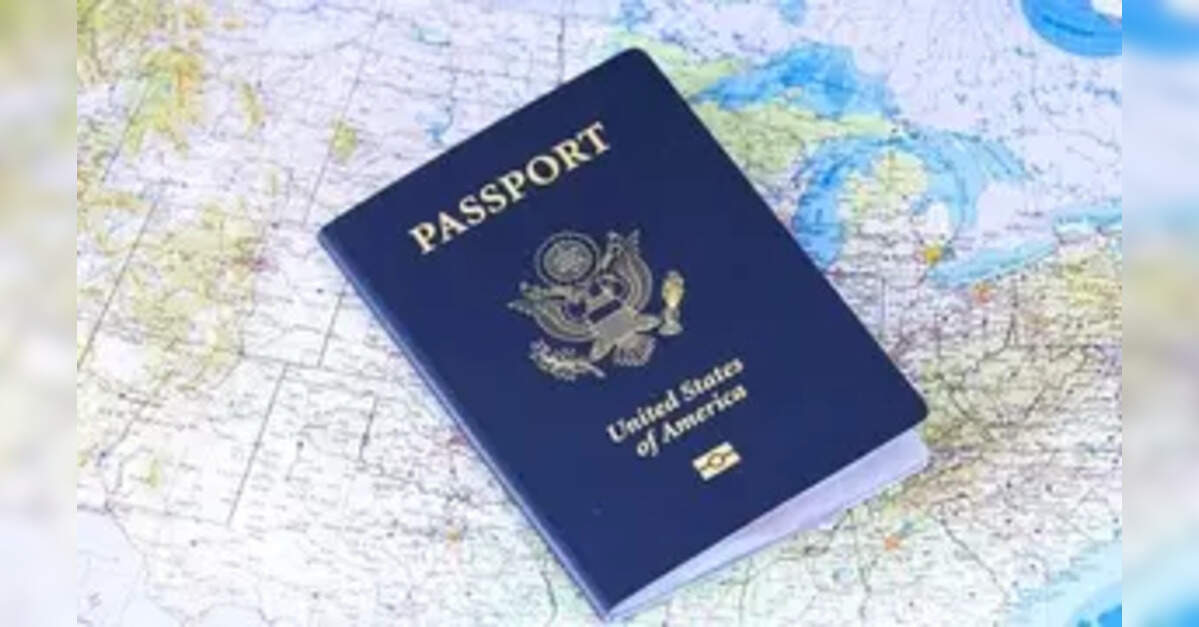- Your cart is empty
- Continue shopping

The US passport dropped out of the top 10 most powerful passports in the world for the first time since the Henley Passport Index was introduced two decades ago. With visa-free travel from 227 countries, up from 180 of the world leader in 2014, the United States is now tied with Malaysia for 12th place.
With visa-free access to 193 destinations, Singapore was followed by South Korea at 190 and Japan at 189, according to the latest Henley passport index based on data from the International Air Transport Association (IATA).
Recent changes achieved by a number of nations are the reason for the decline in the US rating. The rise is due to a number of factors, including the removal of visa-free entry to Brazil this year, China’s growth in visa-free travel and new entry restrictions from Myanmar and Papua New Guinea, except for the opposite.
Recently, the reputation of the US passport was further damaged by the US exclusion of the US from the new visa-free program and the implementation of Somalia’s Evisa system.
In England, it has topped its index in 2015, falling from sixth to eighth place since July.
Washim Washim is allowed to enter Washim, US citizens are granted visa-free travel from 180 locations. According to the Henley Openness Index, which rates nations on how welcoming they are to foreign tourists, this disparity puts the United States in 77th place.
The US outperforms Australia and only marginally Canada, New Zealand and Japan in the discrepancy between its openness and international travel privileges.
On the other hand, China has made significant strides in the past decade. In 2015, it added 37 more destinations to its list of visa-free travel destinations, moving up to 94 in 2025.
With visa-free travel to 76 nations, 30 from the US, China now ranks 65th on the Henley Openness index. Beijing’s increased focus on global mobility and openness is demonstrated by recent visa-free agreements with Russia, the Gulf States, several South American nations and European partners.
